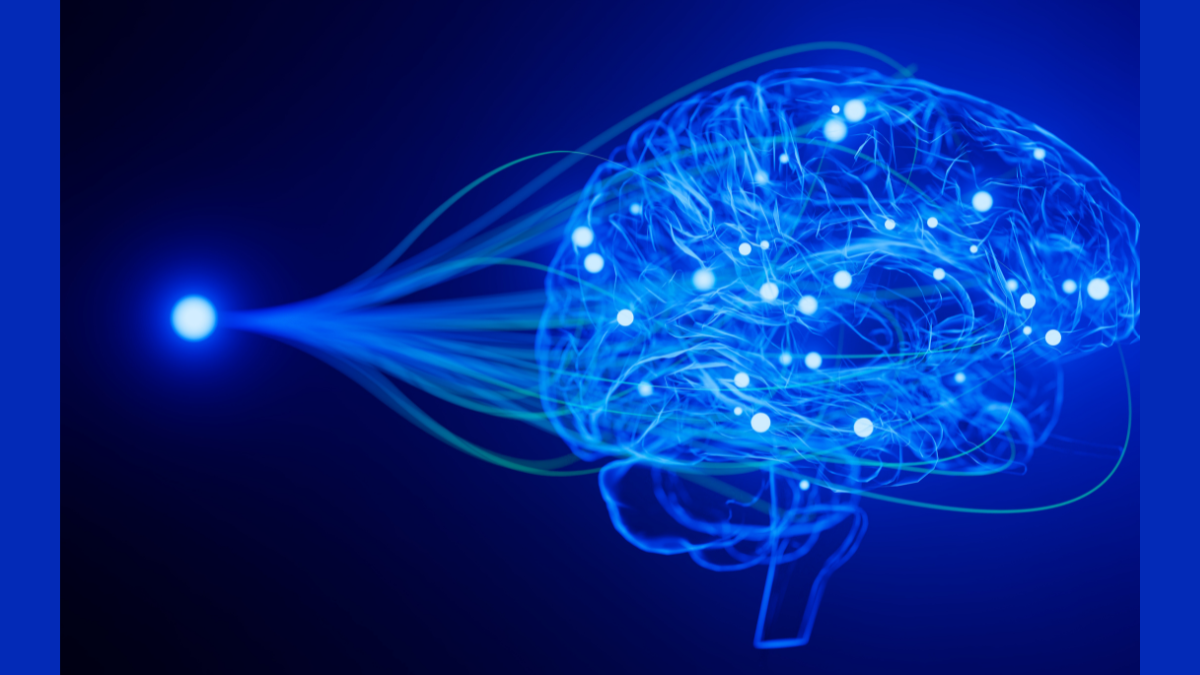Neurotechnology reverses biological disadvantage in maths learning
Safe, painless, and non-invasive brain stimulation could help people who are at risk of falling behind in maths, according to a new study led by the University of Surrey.

The study, published in PLoS Biology, found that applying safe electrical currents to the dorsolateral prefrontal cortex (dlPFC) – a region involved in learning and memory, focus, and problem-solving – helped people aged 18 to 30 solve maths problems more efficiently.
Seventy-two healthy adults took part in a five-day maths training programme – 24 received a form of brain stimulation known as transcranial random noise stimulation (tRNS) to the dlPFC, 24 received tRNS over the posterior parietal cortex and 24 received a placebo (sham) version of the treatment. This allowed researchers to compare the effects of tRNS in different brain regions against a placebo group.
The study showed, via brain scans, that individuals with stronger brain connectivity between the dlPFC and the posterior parietal cortex performed better in maths learning tasks. They then demonstrated that tRNS over the dlPFC significantly improved learning outcomes for individuals with lower natural brain connectivity between this region and the posterior parietal cortex – a neurobiological profile associated with poorer learning.
Improvements were also linked to lower levels of GABA – a brain chemical involved in learning. The same research team has previously shown that GABA plays a role in maths learning from childhood to adulthood, including A-level education.
These findings point to a biological basis for the ‘Matthew effect’ – the tendency for those who start ahead in education to continue advancing, while others fall further behind. The study suggests that targeted brain stimulation could help bridge this gap.
As the UK looks to boost maths skills across the population, especially in young adults, this basic research, and future research on larger samples outside the lab, could help shape future policies by showing how tailored support, focusing on brain activity, might make learning fairer and more effective.
The study was funded by the European Research Council and the Wellcome Trust.
Related sustainable development goals


Featured Academics
Media Contacts
External Communications and PR team
Phone: +44 (0)1483 684380 / 688914 / 684378
Email: mediarelations@surrey.ac.uk
Out of hours: +44 (0)7773 479911
